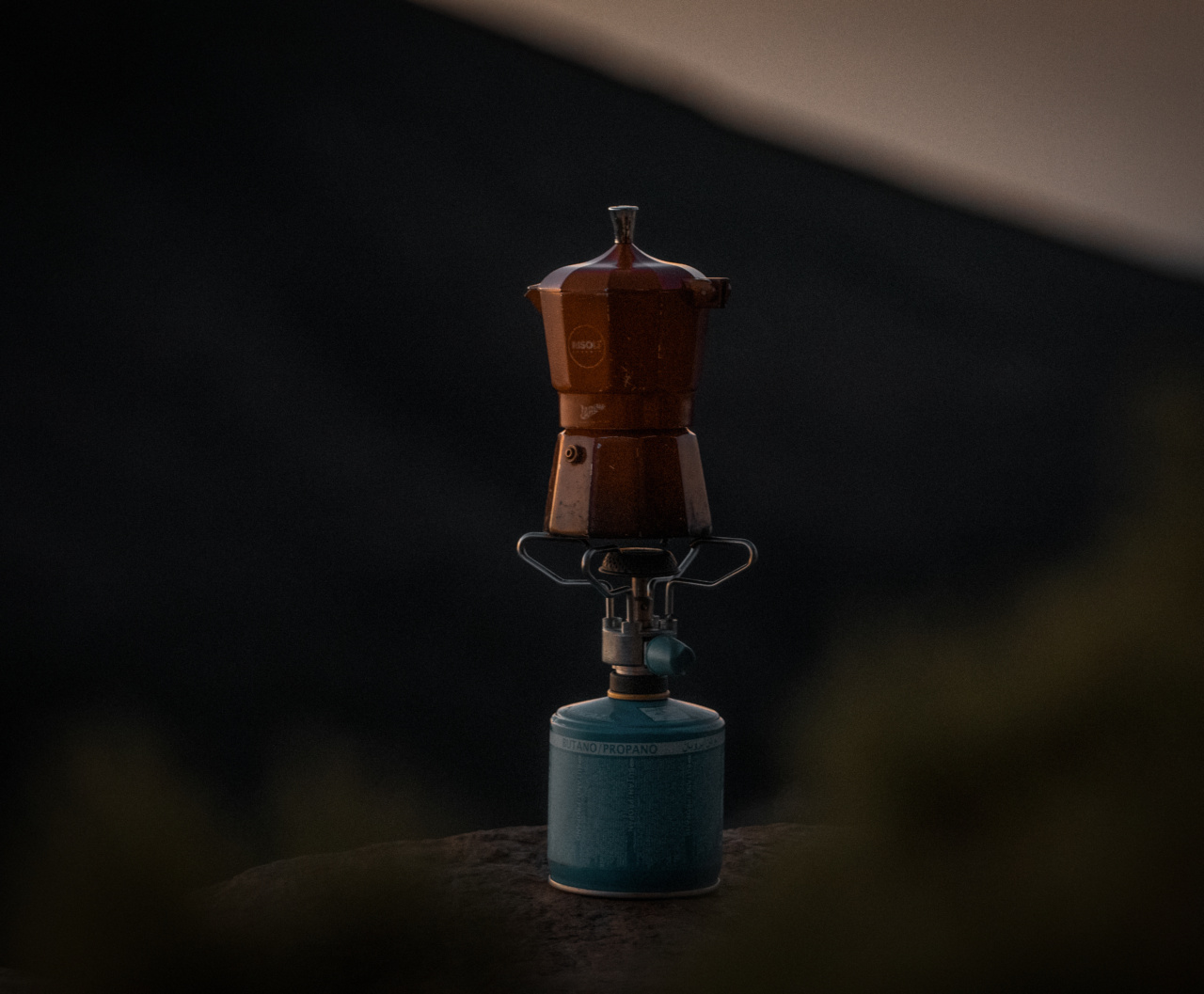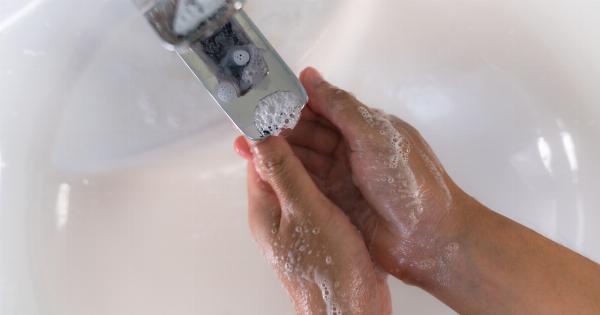Water is an essential component in our daily lives, especially when it comes to cooking. Whether we’re boiling pasta, making soup, or brewing coffee, we rely on hot water to help us prepare our meals.
However, using extremely hot tap water for cooking can come with its fair share of dangers. While you might assume that hot water from your faucet is safe to use, there are several risks associated with it that you need to be aware of.
In this article, we will explore the potential hazards of using excessively hot tap water for cooking and discuss some precautions you can take to ensure your safety in the kitchen.
1. Scalding
One of the immediate dangers of using extremely hot water for cooking is the risk of scalding. When tap water reaches high temperatures, it can cause severe burns if it comes into contact with your skin.
This is particularly threatening when dealing with boiling water, as even brief exposure can result in painful injuries. It is crucial to exercise caution and handle hot water with care to avoid scalding accidents in the kitchen.
2. Elevated Levels of Lead
Another major concern associated with using hot tap water for cooking is the potential for increased lead levels. Lead can be present in the plumbing system of older homes and can leach into the water, especially when it is heated.
Consuming water with high lead content can have detrimental effects on your health, particularly for children and pregnant women. It is essential to use cold water for cooking and drinking to minimize the risk of lead exposure.
3. Release of Volatile Chemicals
When tap water is heated, certain volatile chemicals can be released. These chemicals can include chlorine, chloramine, and other disinfection byproducts.
Although these compounds are generally safe when present in low concentrations, prolonged exposure to high amounts can be harmful. Cooking with extremely hot tap water can increase the concentration of these chemicals, potentially affecting the taste and quality of your food. It is advisable to allow the water to cool down before using it for cooking purposes.
4. Weakened Nutritional Value
Using extremely hot water for cooking can also lead to a loss of nutritional value in your food. Some vitamins, such as vitamin C and certain B vitamins, are sensitive to heat and can be easily destroyed when exposed to high temperatures.
By using excessively hot water, you may be compromising the nutritional benefits of the ingredients in your meals. To preserve the maximum nutritional value in your food, it is recommended to use water at appropriate temperatures for cooking.
5. Potential Bacterial Growth
While hot water can help kill some bacteria, extremely hot tap water may not reach temperatures high enough to eliminate all harmful microorganisms.
In fact, warm water can provide an ideal breeding ground for certain bacteria, such as Legionella, which can cause serious respiratory illnesses. It is important to use water that has been heated to a proper temperature, typically achieved through boiling, to ensure the destruction of any potential pathogens.
6. Energy Consumption
Using excessively hot tap water for cooking can also lead to unnecessary energy consumption. Heating water accounts for a significant portion of the energy usage in most households.
By using water hotter than necessary, you are not only putting yourself at risk but also wasting energy and increasing your utility bills. It is more efficient and eco-friendly to heat water to the appropriate temperature for your cooking needs.
7. Damage to Cookware
Extremely hot water can also cause damage to your cookware. Depending on the material, prolonged exposure to high temperatures can result in warping, discoloration, and even cracking.
This is particularly true for delicate materials such as glass or certain types of plastic. By using water at lower temperatures, you can extend the lifespan of your cookware and prevent any potential damage.
8. Impact on Taste and Texture
Using extremely hot tap water can have a negative impact on the taste and texture of your cooked food. For instance, when making tea, steeping the leaves in overly hot water can extract bitter compounds, resulting in an unpleasant taste.
Also, using scalding water to rinse certain vegetables can lead to wilting and loss of texture. By using water at appropriate temperatures, you can enhance the flavor and texture of your meals.
9. Risk of Fire
Although it may seem unlikely, extremely hot tap water can also pose a fire hazard. If the hot water exceeds its boiling point, it can generate steam with immense pressure.
If a faucet or piping system malfunctions and fails to regulate the pressure, it can lead to an eruption of scalding hot water and steam. This sudden release of high-temperature fluids can cause burns or even start a fire if it comes into contact with flammable materials. It is crucial to be cautious and prepared for such rare but potentially dangerous incidents.
10. Effect on Environment
Lastly, the use of extremely hot tap water for cooking can have negative effects on the environment. As mentioned earlier, heating water consumes a significant amount of energy, contributing to carbon emissions and climate change.
By adopting more energy-efficient practices and using water at appropriate temperatures, you can actively reduce your carbon footprint and help conserve natural resources.































